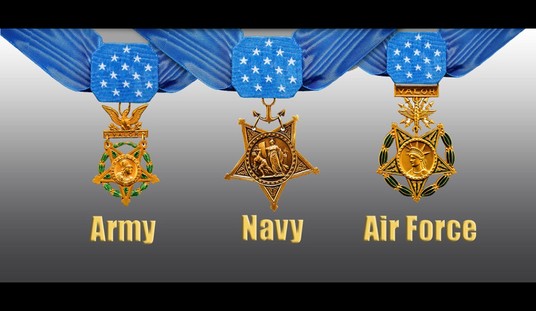Like something out of a 1980s spy novel, The Washington Post carried the story yesterday of a broken down, rusting North Korean ship flying a Cambodian flag bound for the Suez Canal that was stopped in July in the Red Sea by Egyptian officials and was carrying a surprising — and disturbing — cargo.
The Jie Shun had not yet reached the canal when an Egyptian naval vessel ordered the crew to halt for an inspection. At first, the cargo hold appeared to match the description on the manifest: 2,300 tons of loose yellow rocks called limonite, a kind of iron ore. But digging beneath stone and tarp, the inspectors found wooden crates — stacks of them.
Asked about the boxes, the crew produced a bill of lading listing the contents, in awkward English, as “assembly parts of the underwater pump.” But after the last of the 79 crates was unloaded and opened at Egypt’s al-Adabiyah port, it was clear that this was a weapons shipment like none other: more than 24,000 rocket-propelled grenades, and completed components for 6,000 more. All were North Korean copies of a rocket warhead known as the PG-7, a variant of a Soviet munition first built in the 1960s.
According to the Post, the buyers of the massive stockpile of ammunition were none other than the Egyptians themselves (despite Egyptian authorities taking the lead on inspecting the ship as it passed through the Red Sea).
The shipment is part of a larger enterprise the North Koreans have undertaken to get around economic sanctions imposed on them over their almost-constant nuclear saber rattling: they have become a world-wide, illicit, small-arms trader.
According to The Post, the enterprise grew out of legitimate arms business that began during the Cold War when “North Korea obtained licenses to manufacture replicas of Soviet and Chinese weapons, ranging from assault rifles and artillery rockets to naval frigates and battle tanks.”
By the end of the Cold War, North Korea’s customer base spanned four continents and included dozens of countries, as well as armed insurgencies. The demand for discount North Korean weapons would continue long after the Soviet Union collapsed, and even after North Korea came under international censure and economic isolation because of its nuclear weapons program, said Andrea Berger, a North Korea specialist and senior research associate at the Middlebury Institute of International Studies at Monterey, Calif.
North Korea trying to get around sanctions by slapping literal false flags to their ships and hiding artillery shipments under iron ore is not that surprising. That Egypt, who at the time of the incident in the Red Sea, was a newly elected nonpermanent member of the U.N. Security Council, is still a buyer of North Koreans small arms is more shocking.
The incident led the Trump administration “to freeze or delay nearly $300 million in military aid to Egypt over the summer.”














Join the conversation as a VIP Member